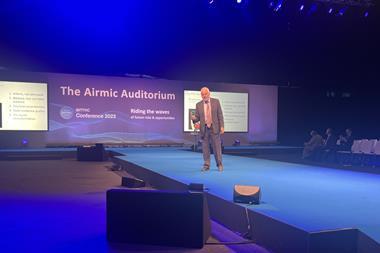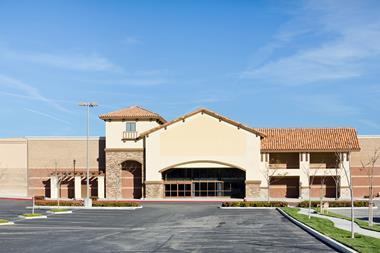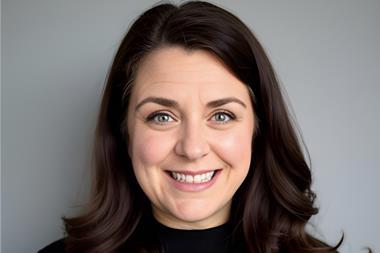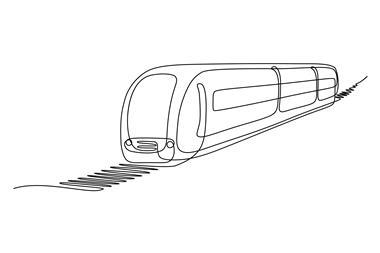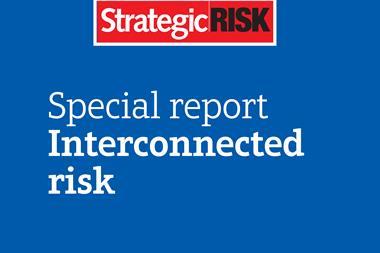AIRMIC is also approaching the Financial Services Authority (FSA) for talks on the subject, following a lively debate during its annual convention held in Harrogate in November.
The convention was notable for a frank discussion of concerns about a lack of transparency in the insurance payment system, an issue that AIRMIC raised as long as six years ago. Views ranged from those of risk managers who feel that volume payments to brokers by insurers are simply unethical to those who suggested the issue might be one of scale rather than principle.
The numbers emerging from New York state attorney general Eliot Spitzer's inquiry have surprised even professional insurance buyers.
There was general agreement among the risk managers present that AIRMIC should take a leadership role in speaking for commercial insurance buyers as a whole, including non-members who lacked their collective strength.
They also want to see AIRMIC help small and medium sized firms by offering guidance and questions that they can ask their brokers.
Executive director David Gamble stressed that it was an issue for the entire market. "Brokers clearly have a lot of questions to answer, but so do underwriters who collude with or encourage anti-competitive practices.
Some risk managers, too, could be doing more to enforce their rights."
Said Gamble, "Spitzer has acted as a powerful catalyst. It may well be that an entirely new model is required for distributing commercial insurance.
At the very least, the current system needs to be overhauled. The time has come for all the stakeholders - insurers, brokers and buyers - to get together to thrash out a better way of doing things."
Sean Hicks of independent broker and adviser, Smart and Cook Consulting, told the convention that the frictional costs of opacity in the insurance translations added 6-12% to the total premium spending. "The lack of transparency costs $2bn a year. That is only based on what has been disclosed so far, so it must have cost a great deal more."
He said: "There is going to be a major realignment. You cannot take that much money out of the system and have it not happen."






